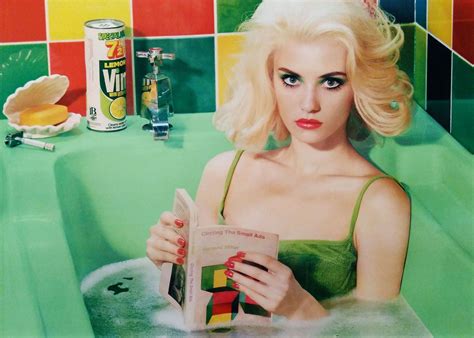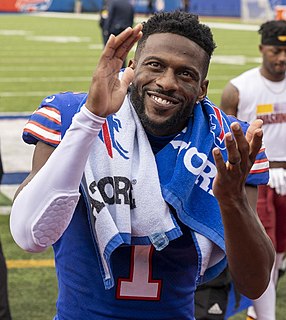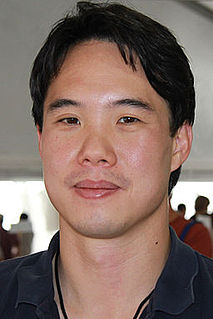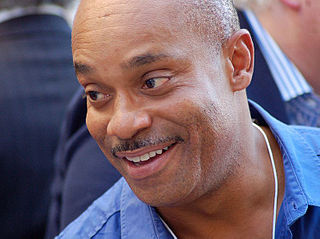A Quote by Miles Aldridge
I suppose I like to set myself projects that are tight, focused, and then challenge myself with how broad I can go within that limited aspect. I think to Helmut Newton and film director, Federico Fellini - the added level of eroticism, the arousing message - and how it was possible for them to keep their signatures over so many years.
Related Quotes
I'm in the saddle every day playing a screwball. And then somebody comes along and says, "How would you like to go to Italy and Spain and do an Italian/Spanish/German co-production with an Italian director who's only directed one movie?" It wasn't like I was going there to be with Federico Fellini. But something was there, and I thought, Well, I loved this story when it was told by Akira Kurosawa; maybe this is a good idea. That's an instinctive moment. A Fistful of Dollars was made.
The challenge CEOs will face three to five years from now is the same one that they face today. That is engagement. It's hard to keep people engaged in what they are doing. As this generation grows up around social media like Twitter where things are 140 characters, how do you keep them engaged all hours every day at work? How do you keep them focused on the big goals you have?
To go into more specifics regarding actors, whether they're from Korea or the U.S., all actors know if they are loved by the director. When they feel that love from the director, they respond by giving a great performance on camera. Also, everyone on set - the crew, the actors - they were aware of the film's message and its broad theme, so these big issues were never discussed on set.
If you're a certain type of actor, then eventually stepping into a director's shoes is a natural transition. I've always been the actor who's very focused on the narrative, where my character is in the story, and how I can benefit the story. I've always had a technical aspect of what the lens is, how the camera is going to move, how I can feed the information the director applies within that move. If you're that type of actor, narrative-based, technically proficient, the next step is actually not that far.
I do feel that there are things you can learn from an artist, but I think you need to be very close to that person, and to know that person fairly well, in order to acquire anything from them. I do have a teacher myself, and I have learned quite a lot from my teacher, but it's not how to make a film. It's more how to approach my life as a director, how to approach and how to lie to a producer.
My only challenge is to entertain. And I accomplish my task better when I myself am entertained by what I am doing. I am very critical of myself, I constantly set the bar higher and higher. I try to surpass myself. That`s all. But I also know how to preserve myself, to not let myself get bedazzled by the smoke and mirrors.
And so I ask myself: 'Where are your dreams?' And I shake my head and mutter: 'How the years go by!' And I ask myself again: 'What have you done with those years? Where have you buried your best moments? Have you really lived? Look,' I say to myself, 'how cold it is becoming all over the world!' And more years will pass and behind them will creep grim isolation. Tottering senility will come hobbling, leaning on a crutch, and behind these will come unrelieved boredom and despair. The world of fancies will fade, dreams will wilt and die and fall like autumn leaves from the trees. . . .
How many times have I failed before? How many times have I stood here like this, in front of my own image, in front of my own person, trying to convince him not to be scared, to go on, to get out of this rut? How many times before I finally convince myself, how many private, erasable deaths will I need to die, how may self-murders is it going to take, how many times will I have to destroy myself before I learn, before I understand?




































